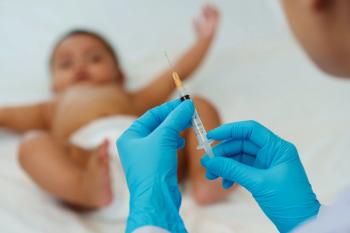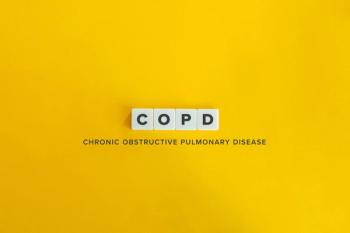
Children May Not Always Have Fever, Cough with COVID-19 Infection
Children with the novel coronavirus disease 2019 (COVID-19) may not develop a fever or cough as often as adults with the virus.
Children with the novel coronavirus disease 2019 (COVID-19) may not develop a fever or cough as often as adults with the virus, according to a new preliminary findings published in the CDC’s Morbidity and Mortality Weekly Report.
Previous data have suggested that pediatric COVID-19 cases are typically less severe than cases seen in adults, and that children may present with different symptoms.
For the study, researchers from the CDC COVID-19 Response Team analyzed data from 149,760 laboratory-confirmed COVID-19 cases in the United States occurring during February 12 to April 2, 2020. Among 99.6% of the cases for which age was known, 1.7% were among children aged younger than 18 years old, according to the study. Data were available for a small proportion of patients on variables such as symptoms (9.4%), underlying conditions (13%), and hospitalization status (33%).
Based on these findings, 73% of pediatric patients had symptoms of fever, cough, or shortness of breath compared with 93% of adults aged 18 to 64 years of age during the same time period. Among pediatric patients, 5.7% of all cases, or 20% of those for whom hospitalization status was known, were hospitalized. According to the researchers, this is lower than the reported hospitalizations among all adults in the study (10%) or those with known hospitalizations status (33%). Overall, 3 deaths were reported among the pediatric cases included in the analysis.
The researchers determined that the data support previous findings that children with COVID-19 might not have reported fever or cough as often as adults.
However, they noted that “although most cases reported among children to date have not been severe, clinicians should maintain a high index of suspicion for COVID-19 infection in children and monitor for progression of illness, particularly among infants and children with underlying conditions.”
Social distancing and everyday preventive behaviors remain important for all age groups, especially because those with less serious illness and those without symptoms likely play a role in disease transmission, the researchers concluded.
References:
1. CDC COVID-19 Response Team. Coronavirus Disease 2019 in Children – United States, February 12-April 2, 2020. Morbidity and Mortality Weekly Report. 2020. Doi:
Newsletter
Pharmacy practice is always changing. Stay ahead of the curve with the Drug Topics newsletter and get the latest drug information, industry trends, and patient care tips.























